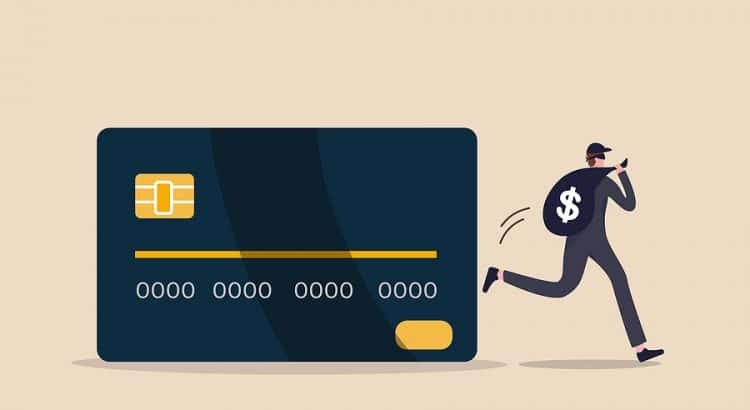Today, T-Mobile shared another press release about its recent security breach. In today’s release, T-Mobile finally acknowledged that customers’ personal data was definitely compromised.
T-Mobile shared details about the scope of the breach:
While sensitive information was compromised, it looks like financial details, including credit card numbers, were safe:
My biggest question now is whether T-Mobile has a good justification for keeping former customers’ SSNs on file.




